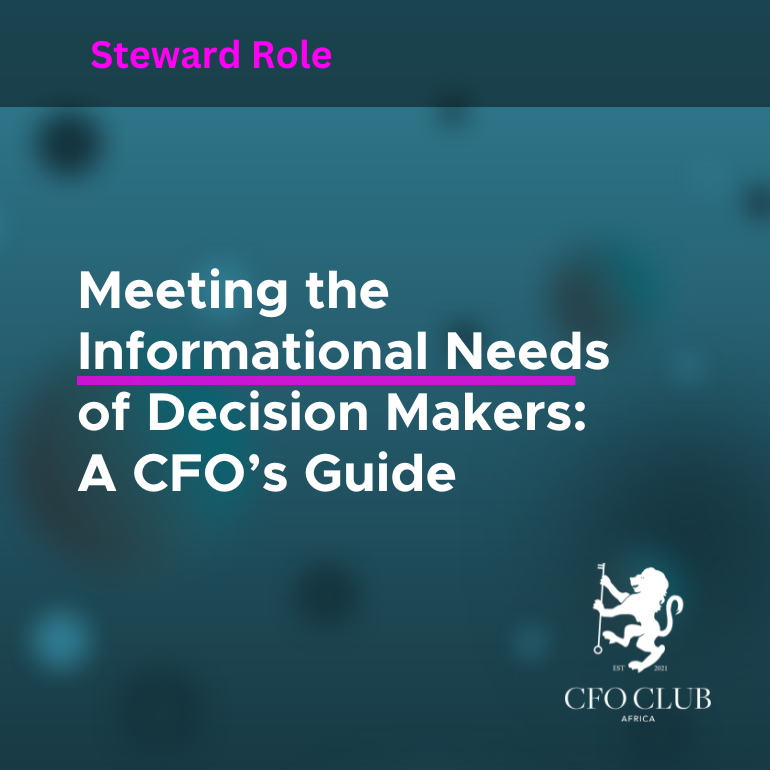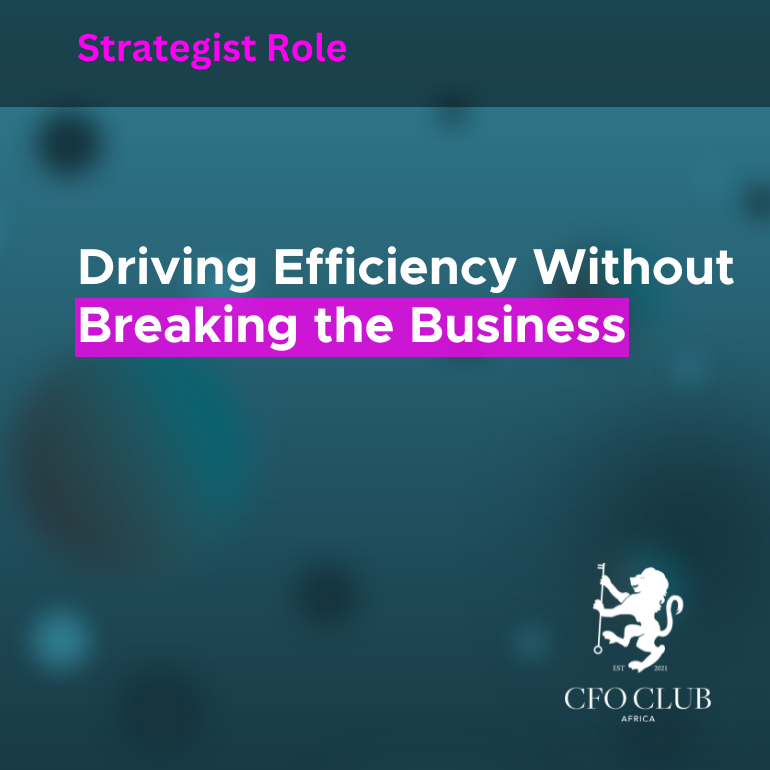Budgeting tips for resilient organisations
Resiliency is the foundation for all business models, says Christian Klein, CEO of SAP, in an article published by The World Economic Forum.
Klein says the Covid19 crisis is a wake-up call for society, businesses, and humankind. “As businesspeople, this offers us an opportunity: an opportunity to rethink our business models so that resiliency, profitability, and sustainability are not mutually exclusive.”
1. Invest in digital transformation
Klein says companies that embraced technology fared better during the pandemic and built the foundation for their resiliency. They invested in their digital transformation with the implementation of new business models, using new technologies or making supply chains more robust. “As countries shut down their borders, supply chains were disrupted in a completely unforeseen manner. The ability to face disruptions and recover quickly from those difficulties is what makes companies resilient. That’s when technology had its big moment because it helped us stay connected and carry out our business seamlessly with our employees as it strengthened our engagement with customers.” Klein says interconnected value chains, adaptive manufacturing processes, and flexible networks help companies to adjust quickly and responsibly to disruption and fast-changing market demands, and to manage dependencies in real-time.
2. Focus on Sustainability
Research from Investment Week shows a positive link between relative market performance and strong Environmental, Social, and Governance (ESG) rating. Good sustainability credentials correlated with quality, effective leadership, and market resilience. ESG is becoming more and more critical for a company’s resilience. See more on ESG Reporting and on how sustainable practices can cut costs in your business.
3. Zero-based budgeting
Chris Strauss implemented zero-based budgeting when he was first appointed as CFO of BJK. He negotiated new long-term supplier agreements that increased plant throughput by an astonishing 60%, and that led to the restructure of the division, which led in turn to material savings resulting in zero revenue losses for the division.
According to Investopedia zero-based budgeting starts at zero, justifying each individual expense for a reporting period. Zero-based budgeting starts from scratch, analysing each granular need of the company, instead of incremental budgeting increases found in traditional budgeting. Essentially, this allows for a strategic, top-down approach to analyse the performance of a given project.
“Legacy spending was a very difficult thing to come around with, especially for a business that had transformed from a traditional trading business, which it was, into a manufacturing business where the manufacturing side now contributed the same amount of profit as a trading business. So, to get the focus right, to understand the spending, really was a difficult thing, but also to allocate money. Ultimately, the allocation of funds is what’s going to drive the budget and is what’s going to drive results. So, understanding the business and ensuring capital allocation, be it working capital funding or capital spend in terms of projects, was a very, very big part of this.”





